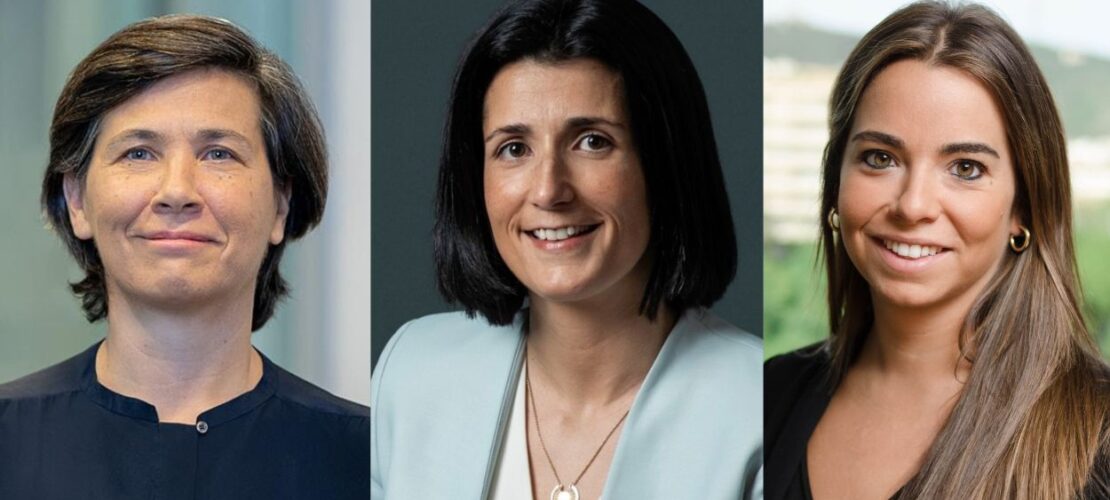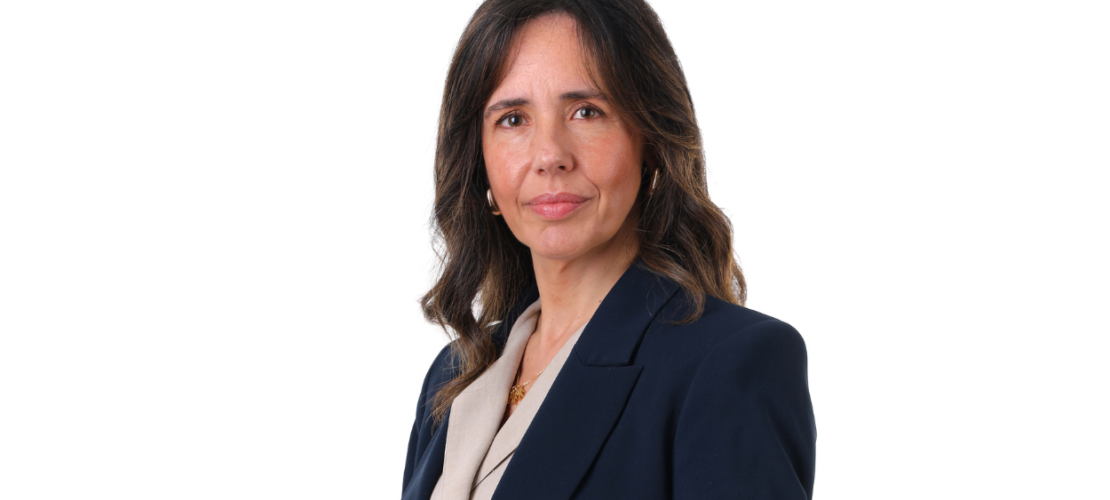The second part of Pinsent Masons’ project in Spain
The firm’s managing partner in Spain, Francisco Aldavero, celebrates almost a year at the helm of the firm and marks the beginning of a new phase of strategic growth
by julia gil
Francisco Aldavero, managing partner of Pinsent Masons in Spain, celebrates almost a year at the helm of the firm, a period marked by a successful transition and continued growth. In addition to his role as managing partner, he continues to advise on M&A and private equity transactions, areas in which he is optimistic for 2025, thanks to the internationalization of Spanish companies and a favorable environment that positions the country as an attractive market for funds. With the focus on the second phase of the firm’s project, Aldavero leads a consolidated firm, which after eight years in Spain is committed to strategic growth in key sectors such as renewable energy, technology and life sciences, while strengthening innovation and attracting specialized talent.
How would you define this year at the helm of the firm and at what stage are you at?
It has been an exciting year because of the work and the transactions in which we have participated. The firm has been very active. There was no specific goal beyond ensuring an orderly transition, that the firm would function normally and that the activity would grow, objectives that have been met. At the moment, we are very focused on business development and, above all, on the second part of the Pinsent Masons project in Spain. The first part was to land and consolidate, and this has been achieved after almost eight years in Spain. Now we are starting the second phase: strategic growth in areas where our customers demand greater coverage. Our approach is not to grow for growth’s sake, but to grow in key sectors in Spain and internationally.
What has been the biggest challenge during this time at the helm of the firm?
The biggest challenge has not been unique to our firm, but rather the challenges common to all law firms: identifying and attracting good talent, especially at more experienced and specialized levels, which is becoming increasingly difficult. In addition, lawyers face the ongoing challenge of implementing new technological tools that promise greater efficiency, but require time, training and learning, while maintaining their workload and pursuing business opportunities. That’s a challenge all of us lawyers face and will face for years to come. It’s a dynamic and challenging environment, but also a very interesting one.
The firm has grown globally to 753.5 million, 5% more than the previous year. What are the firm’s main objectives in Spain to continue growing?












